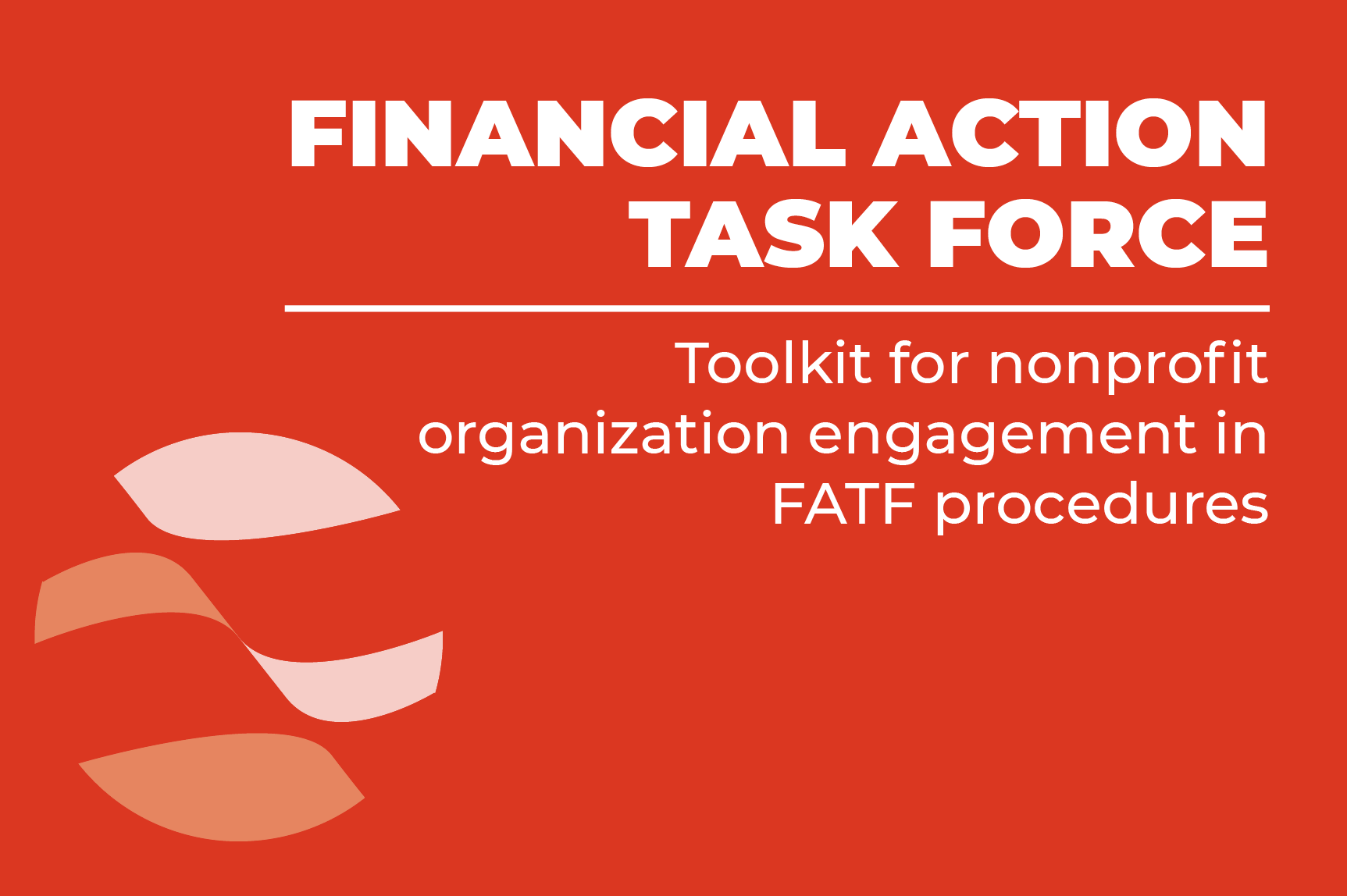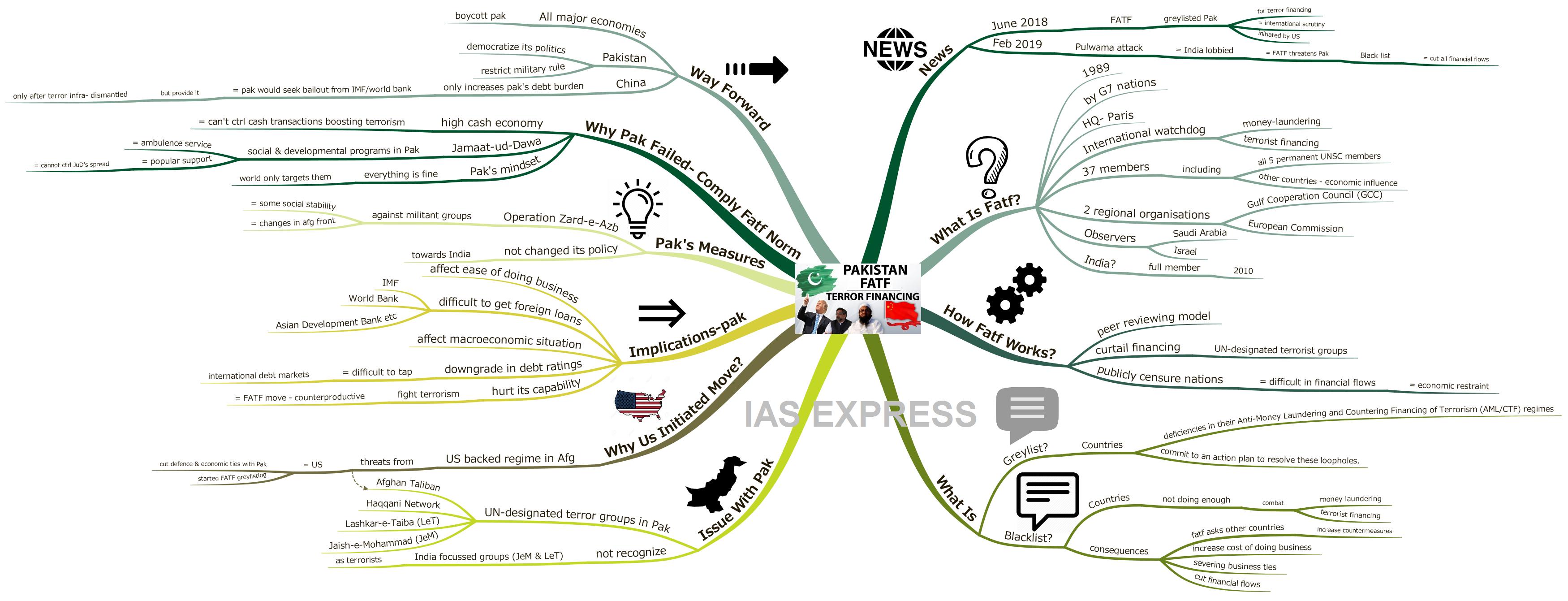Combatting Money Laundering And Terrorist Financing: A Comprehensive Guide To The Financial Action Task Force (FATF) is an essential resource for anyone involved in combatting money laundering and terrorist financing. This Guide cover everything you need to know about the FATF, including its history, structure, and mission. It also discussed the FATF Recommendations, which are the international standards for combatting money laundering and terrorist financing.
Editor's Notes: Combatting Money Laundering And Terrorist Financing: A Comprehensive Guide To The Financial Action Task Force (FATF) have published today date because of its importance. This reference material is for professionals, researchers and academics, this Guide provides an in-depth look at the global anti-money laundering and the combat of financial terrorism issues and features an extensive discussion of the following issues:
To help you better understand the topic, we have put together this "Combatting Money Laundering And Terrorist Financing: A Comprehensive Guide To The Financial Action Task Force (FATF)" guide to help target audience make the right decision.
| Key Differences | Key Takeaways |
| FATF is an intergovernmental organization | FATF sets international standards for combatting money laundering and terrorist financing |
| FATF has 39 members | FATF's Recommendations are used by governments and financial institutions around the world |
| FATF's mission is to promote policies and implement effective measures at national and international level to combat money laundering, terrorist financing and other related financial crime | The FATF is a key player in the global fight against money laundering and terrorist financing |
Main article topics
- The FATF's history and structure
- The FATF's mission and objectives
- The FATF's Recommendations
- The FATF's assessment process
- The FATF's enforcement mechanisms
- The FATF's role in the global fight against money laundering and terrorist financing
FAQ
This comprehensive guide provides answers to frequently asked questions regarding the Financial Action Task Force (FATF) and its efforts to combat money laundering and terrorist financing. The information presented is authoritative and unbiased, offering a deep understanding of the subject matter.
Question 1: What is the primary objective of the FATF?
The FATF's fundamental goal is to safeguard the global financial system from the threats of money laundering and terrorist financing. It collaborates with member jurisdictions to implement and enforce effective measures.
Question 2: What specific actions does the FATF take to achieve its goals?
The FATF establishes international standards and guidelines to combat money laundering and terrorist financing. It assesses member jurisdictions' compliance with these standards, identifies vulnerabilities, and provides technical assistance to support implementation.
Question 3: How does the FATF prioritize the countries it works with?
The FATF utilizes a risk-based approach to prioritize its engagements. Countries with higher risks of money laundering and terrorist financing are subject to more frequent and intensive evaluations.
Question 4: What are the consequences for countries that fail to comply with FATF standards?
Non-compliance with FATF standards can result in public statements, increased monitoring, and potential sanctions. The FATF's goal is not to punish non-compliant countries but to facilitate progress towards compliance.
Question 5: How does the FATF ensure the effectiveness of its standards?
The FATF regularly reviews and updates its standards based on evolving risks. It also conducts mutual evaluations to assess member jurisdictions' compliance and identifies areas for improvement.
Question 6: What is the significance of the FATF's work in the global fight against crime?
The FATF's standards and initiatives have played a crucial role in strengthening global financial systems and deterring criminals. Its efforts contribute to preventing financial crime, protecting vulnerable individuals, and safeguarding the integrity of the global economy.
The FATF remains committed to its mission of combating money laundering and terrorist financing through collaboration, standard-setting, and capacity-building. Its work fosters a robust and transparent financial environment, promoting economic stability and reducing the threats posed by financial crime.
Tips for Combating Money Laundering and Terrorist Financing
This guide provides comprehensive information on combating money laundering and terrorist financing, based on the guidelines of the Financial Action Task Force (FATF). Here are some crucial tips to help you effectively combat these illicit activities:
Tip 1: Know Your Customer (KYC)
Perform thorough customer due diligence, including verifying identity, understanding the purpose of the transaction, and assessing the risk of money laundering or terrorist financing. This helps identify suspicious activities and prevents criminals from exploiting the financial system.
Tip 2: Transaction Monitoring
Establish robust transaction monitoring systems to detect unusual patterns or suspicious transactions. By analyzing data, financial institutions can identify transactions that deviate from expected norms and investigate them further.
Tip 3: Risk-Based Approach
Adopt a risk-based approach to prioritize resources and focus on areas with higher risks of money laundering or terrorist financing. By assessing the level of risk associated with customers, products, and transactions, institutions can allocate resources efficiently.
Tip 4: Information Sharing
Facilitate secure and timely information sharing among financial institutions, law enforcement, and regulatory authorities. Collaboration and information exchange enable the sharing of intelligence, best practices, and suspicious activity reports, leading to more effective detection and prosecution.
Tip 5: International Cooperation
Engage in international cooperation and mutual legal assistance to combat money laundering and terrorist financing across borders. By working together, countries can share expertise, trace illicit funds, and strengthen the global response to these threats.
Summary
By implementing these tips, financial institutions and regulatory authorities can significantly contribute to combating money laundering and terrorist financing. These measures strengthen the integrity of the financial system, protect legitimate businesses, and make it more difficult for criminals to exploit it for illicit purposes.
Combatting Money Laundering And Terrorist Financing: A Comprehensive Guide To The Financial Action Task Force (FATF)
To combat money laundering and terrorist financing, nations are cooperating through the Financial Action Task Force (FATF).

Combatting Money Laundering and Terrorist Financing Through Enhanced - Source www.moneylaunderingnews.com
- International Cooperation: Governments collaborate to track and freeze suspicious funds.
- Regulation and Compliance: Financial institutions must implement robust anti-money laundering and counter-terrorist financing measures.
- Information Sharing: Financial intelligence units facilitate the secure exchange of information between countries.
- Enforcement and Sanctions: Penalties are imposed on non-compliant entities, including fines and criminal prosecution.
- Capacity Building: Developing countries receive assistance in establishing and strengthening their anti-money laundering and counter-terrorist financing frameworks.
- Risk Assessment: FATF guidelines help countries identify and mitigate money laundering and terrorist financing risks based on their unique vulnerabilities.
These aspects collectively contribute to the FATF's mission of preventing the misuse of financial systems for criminal activities. By fostering collaboration, promoting compliance, and providing support, FATF empowers nations to safeguard their financial sectors and protect their citizens from the harmful effects of money laundering and terrorist financing.

Financial Action Task Force Toolkit - ICNL - Source www.icnl.org
Combatting Money Laundering And Terrorist Financing: A Comprehensive Guide To The Financial Action Task Force (FATF)
The Financial Action Task Force (FATF) is an intergovernmental organization that develops and promotes policies to combat money laundering and terrorist financing. The FATF was established in 1989 by the G7 countries and currently has 39 members, including the United States, the United Kingdom, and the European Union.

Financial Action Task Force (FATF) & Pakistan: What is Grey - Source www.iasexpress.net
The FATF's mission is to set global standards for combating money laundering and terrorist financing and to promote the effective implementation of these standards. The FATF's standards are based on the 40 Recommendations, which are a set of best practices for preventing, detecting, and prosecuting money laundering and terrorist financing. The 40 Recommendations are divided into 10 sections, which cover areas such as customer due diligence, record-keeping, and international cooperation.
The FATF's work is essential to combating money laundering and terrorist financing. Money laundering is a process by which criminals disguise the proceeds of their crimes, making it difficult for law enforcement to track and seize the assets. Terrorist financing is the provision of financial support to terrorist organizations, which can be used to fund terrorist attacks. By setting global standards for combating money laundering and terrorist financing, the FATF helps to prevent these crimes and to protect the financial system from abuse.
The FATF's work is also important to promoting economic growth and development. Money laundering and terrorist financing can damage the financial system and undermine economic stability. By combating these crimes, the FATF helps to create a more stable and prosperous global economy.
Conclusion
The FATF is a vital organization that plays a key role in combating money laundering and terrorist financing. The FATF's standards are essential for preventing these crimes and protecting the financial system from abuse. The FATF's work is also important to promoting economic growth and development.
The FATF faces a number of challenges in its work. One challenge is the need to balance the need to combat money laundering and terrorist financing with the need to protect privacy and civil liberties. Another challenge is the need to keep pace with the evolving nature of these crimes. The FATF is working to address these challenges and to continue to be an effective force in the fight against money laundering and terrorist financing.